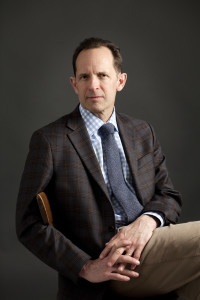 On Common Values, Shared Visions Between Faith Communities
On Common Values, Shared Visions Between Faith Communities
On July 13, Charles Marsh delivered the keynote address at the “Virtuous Character: Common Values, Shared Visions” conference in Amsterdam. Entitled “Are We Still of Any Use?”, the presentation revisited Bonhoeffer’s exploration of this question he raises in his essay, “After Ten Years.”
Engaging the themes of exemplification, righteous action, good people and aristocratic virtue, Bonhoeffer finally responds to the inquiry with a chastened “Yes”. Marsh focused on these themes and examined how they create space for generative and even inspiring interactions with the civil rights narrative– an enactment, embodiment, and exemplification of virtuous character– to inspire the interfaith dialogue and partnership so urgent in the crusade for peace and understanding between faith communities today.
“Virtuous Character: Common Values, Shared Visions” brought together 26 guests from Muslim and Christian communities to learn from one another about the practice of character virtues in Islam and Christianity. Recognizing a unique opportunity to engage both traditions in a series of conversations that builds upon identified strengths and convictions internal to each faith, the conference aimed to facilitate discourse on topics of interest to both Christians and Muslims and to support cooperative activities between the faith communities that work for the common good in our societies.
Marsh describes Bonhoeffer’s development of thought in the ruins of the Christian church and in the face of Nazism:
“This puzzling divergence— the spinelessness of the dissident church people, on the one hand, and the civil courage of the humanist conspirators on the other— inspired Bonhoeffer to ponder what he called the beautification of those who are persecuted for the sake of a just cause. Portraying a world full of depravity and menace as he had done in Discipleship or The Cost of Discipleship might seem a more accurate reflection of the Zeitgeist, but beginning in his Ethics writings a few years before his imprisonment, Bonhoeffer would move well beyond such depictions and their implied divisions between God and humankind.
Camaraderie, generosity, humility, justice, righteous action, resistance: these illuminated a universal aspiration that in Bonhoeffer’s mind was still enabled by the intensification of the Christological particular. But as the Christological particular intensified, the universal aspiration to build bridges, to create partnerships, to see the light of God and the other and to learn the light of God, the will of God, and truth of God from the other became more expansive and alive.”
To watch the address in full, click here. Find more information on the conference on the Isaachar Fund’s website here.
Charles Marsh is the Commonwealth Professor of Religious Studies at the University of Virginia and the director of the Project on Lived Theology. His research interests include modern Christian thought, religion and civil rights, Dietrich Bonhoeffer, and lived theology.
For more event details and up-to-date event listings please click here to visit the PLT Events page. We also post updates online using #PLTevents. To get these and other news updates, please like us on Facebook and follow us on Twitter @LivedTheology. To sign up for the Lived Theology monthly newsletter, click here.
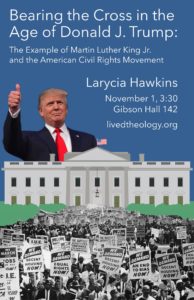 On the Prophetic Guidance of Civil Rights Witnesses
On the Prophetic Guidance of Civil Rights Witnesses
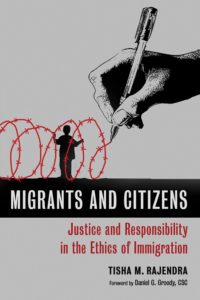
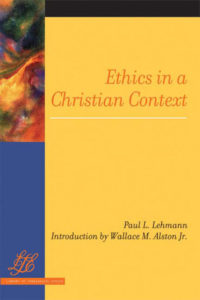
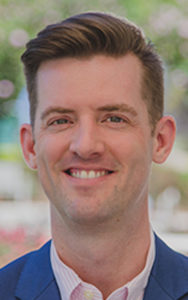 On Bonhoeffer’s Reception of Lutheran Theology and Political Life
On Bonhoeffer’s Reception of Lutheran Theology and Political Life On Common Values, Shared Visions Between Faith Communities
On Common Values, Shared Visions Between Faith Communities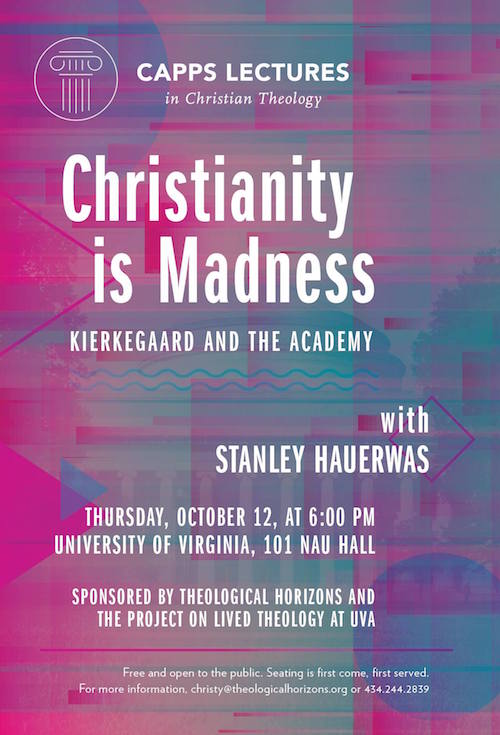 2017 CAPPS Lecture
2017 CAPPS Lecture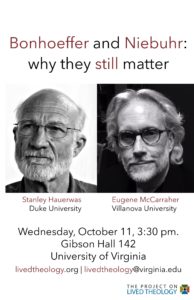 Seminar Discussion with Eugene McCarraher
Seminar Discussion with Eugene McCarraher